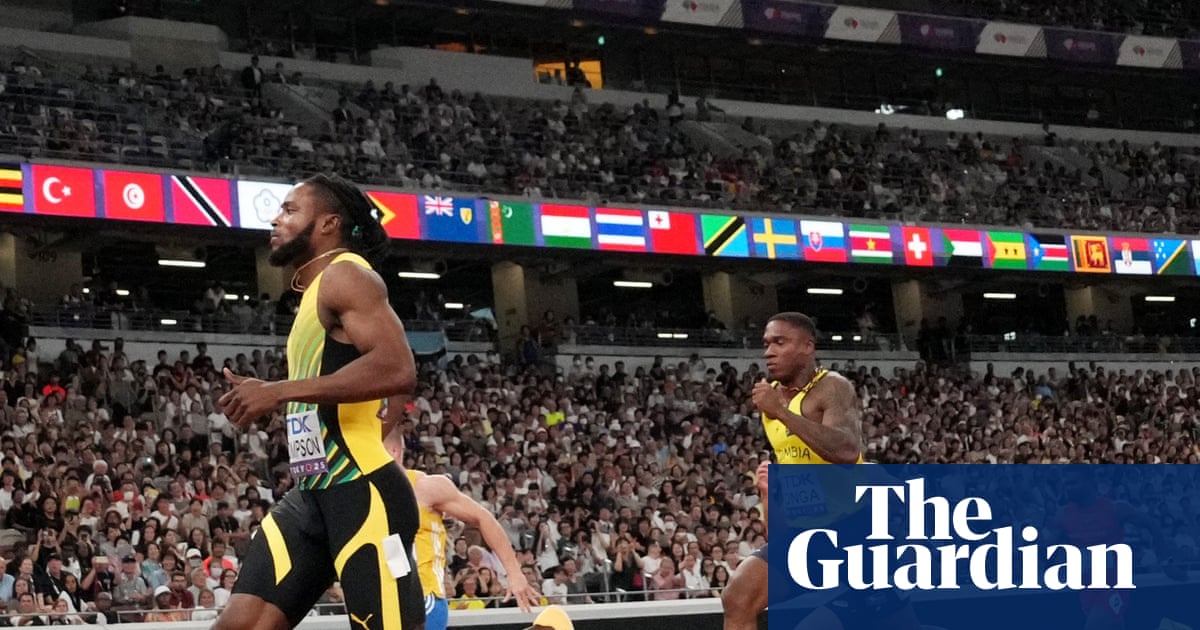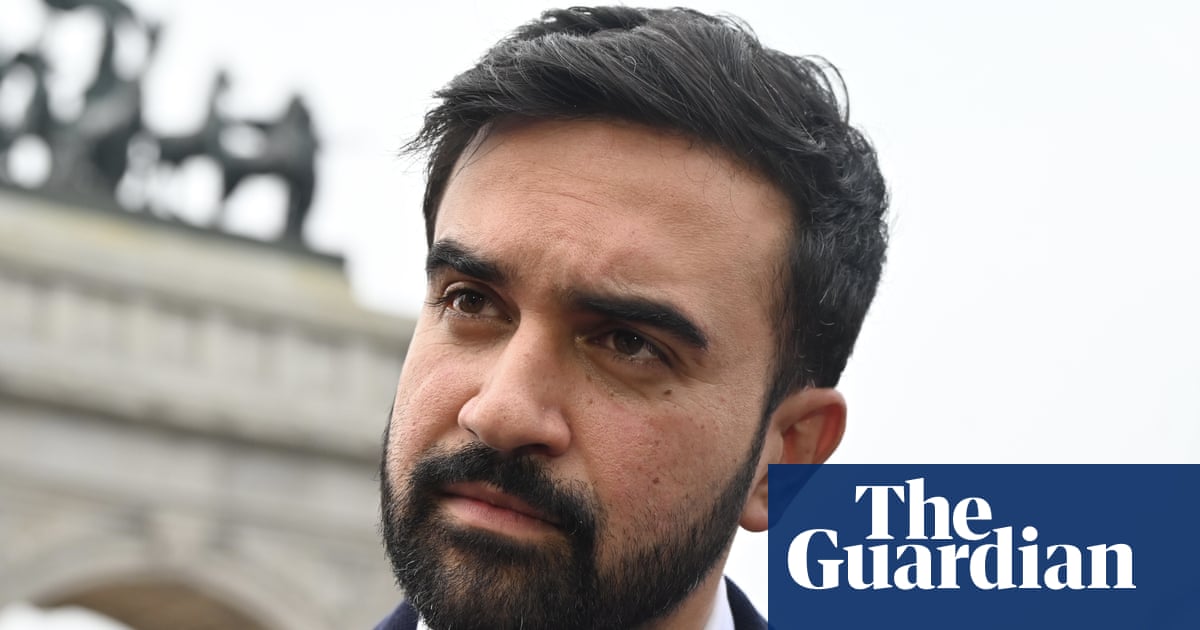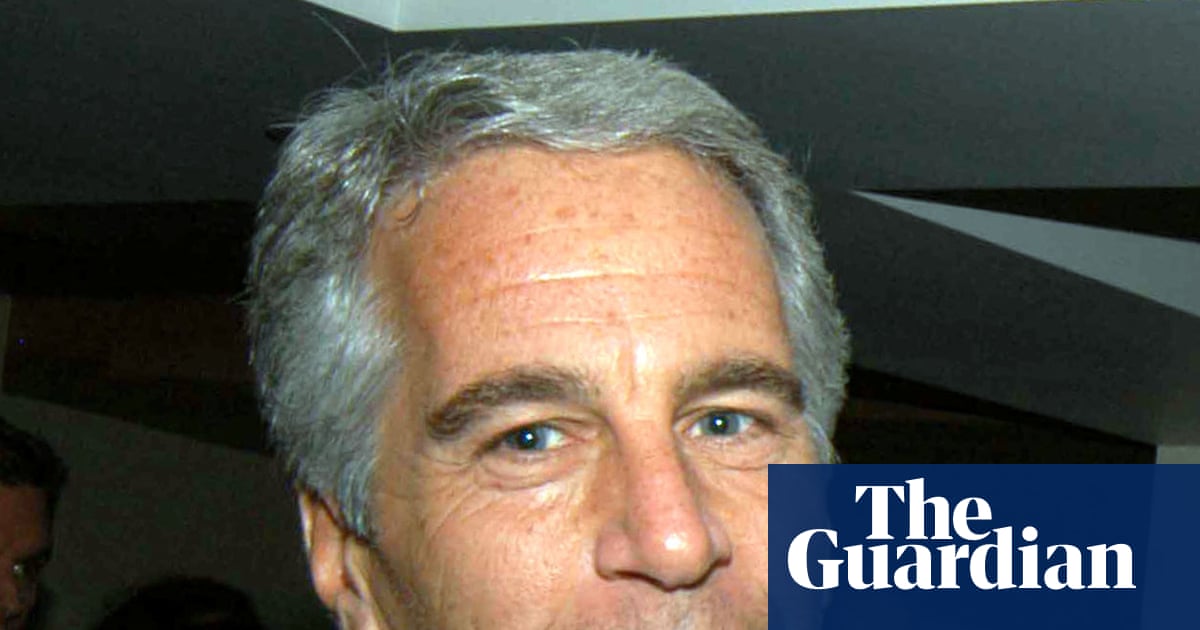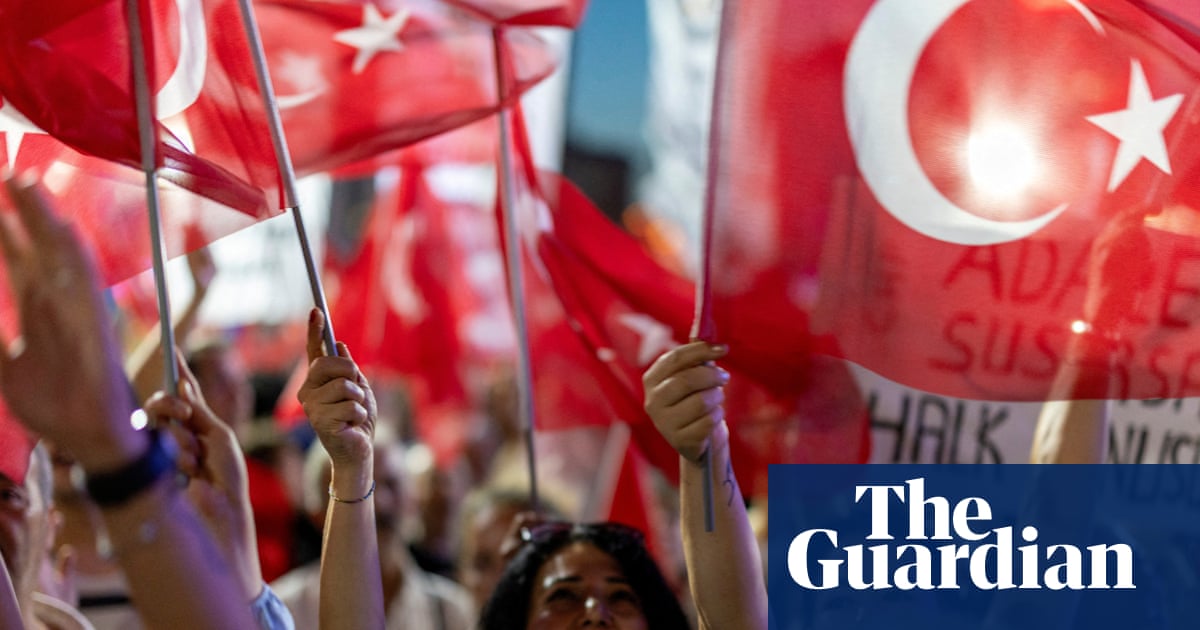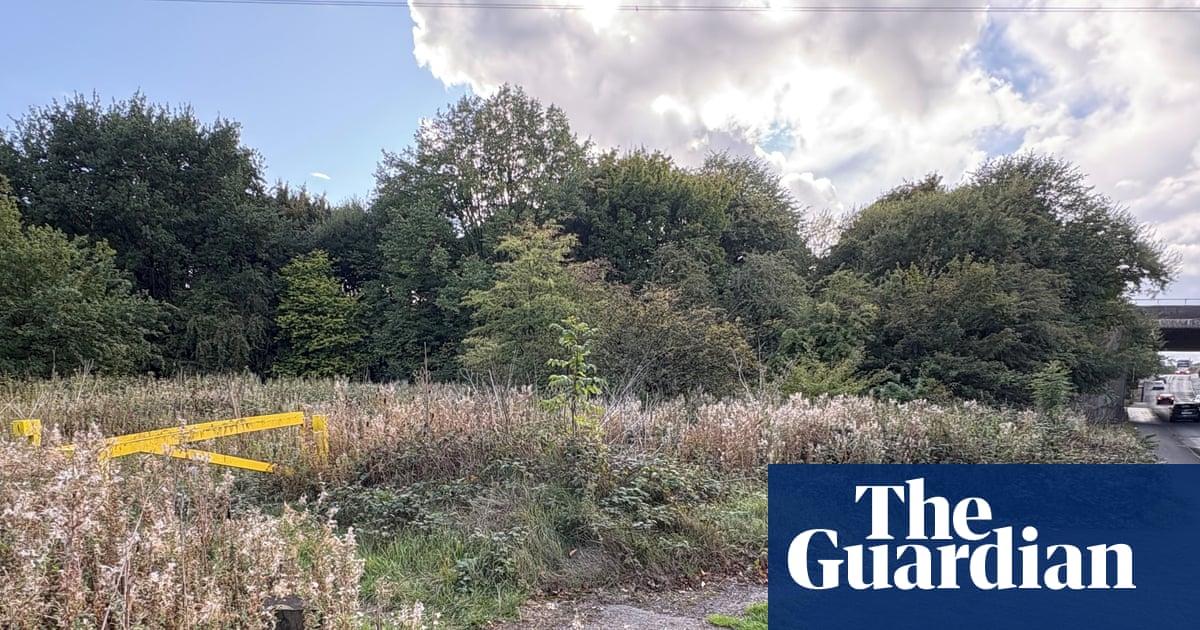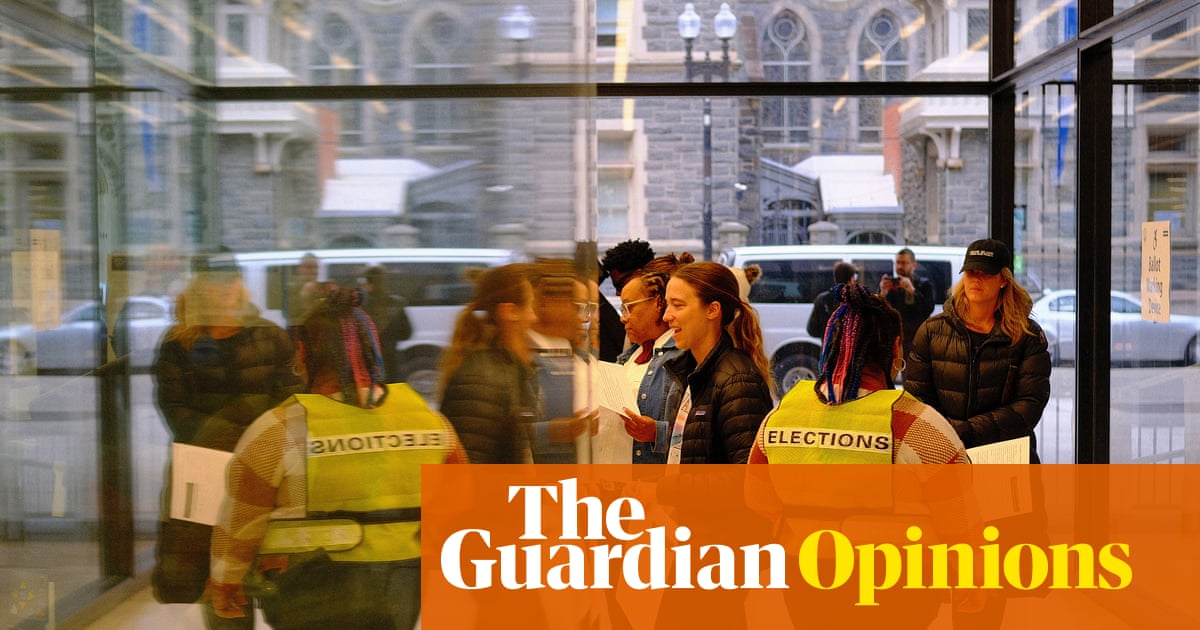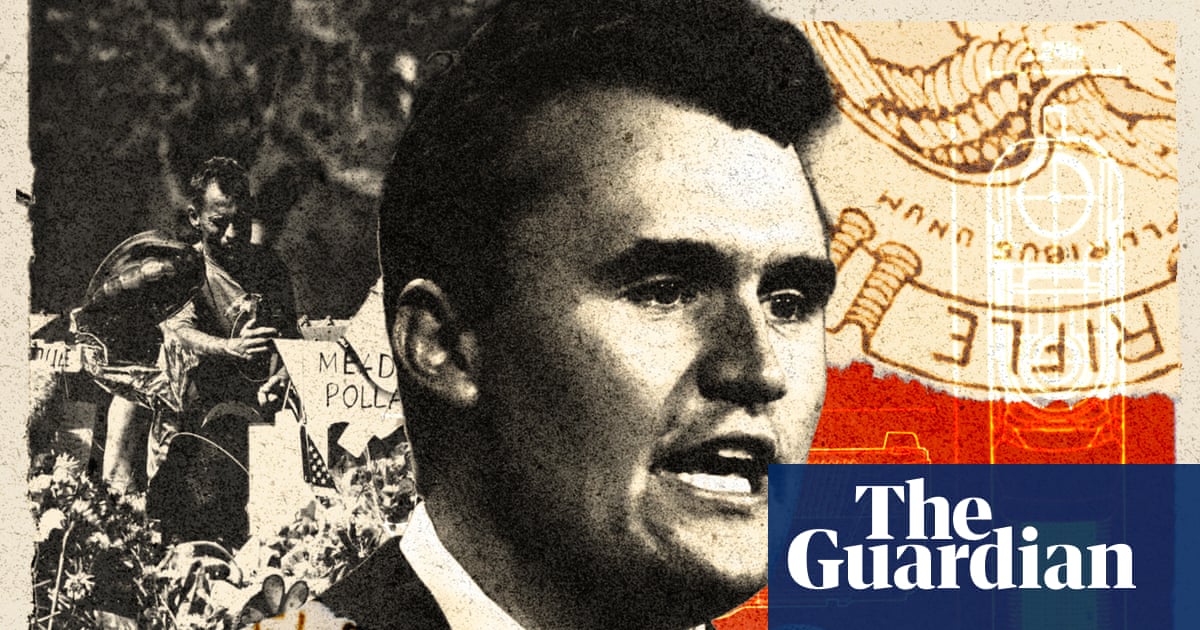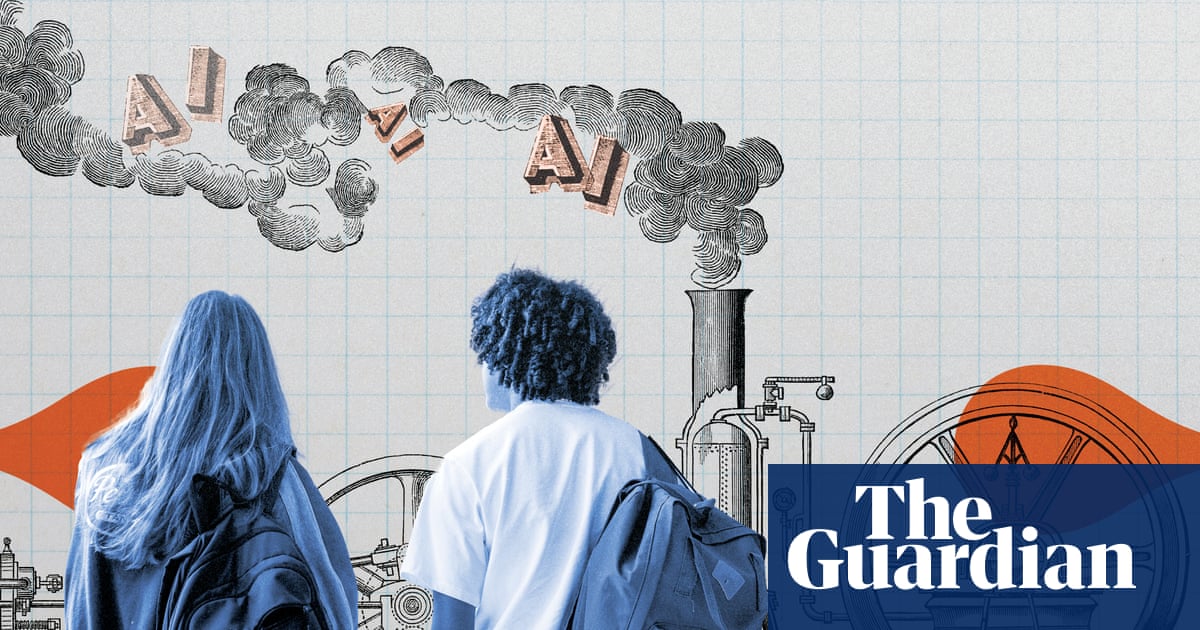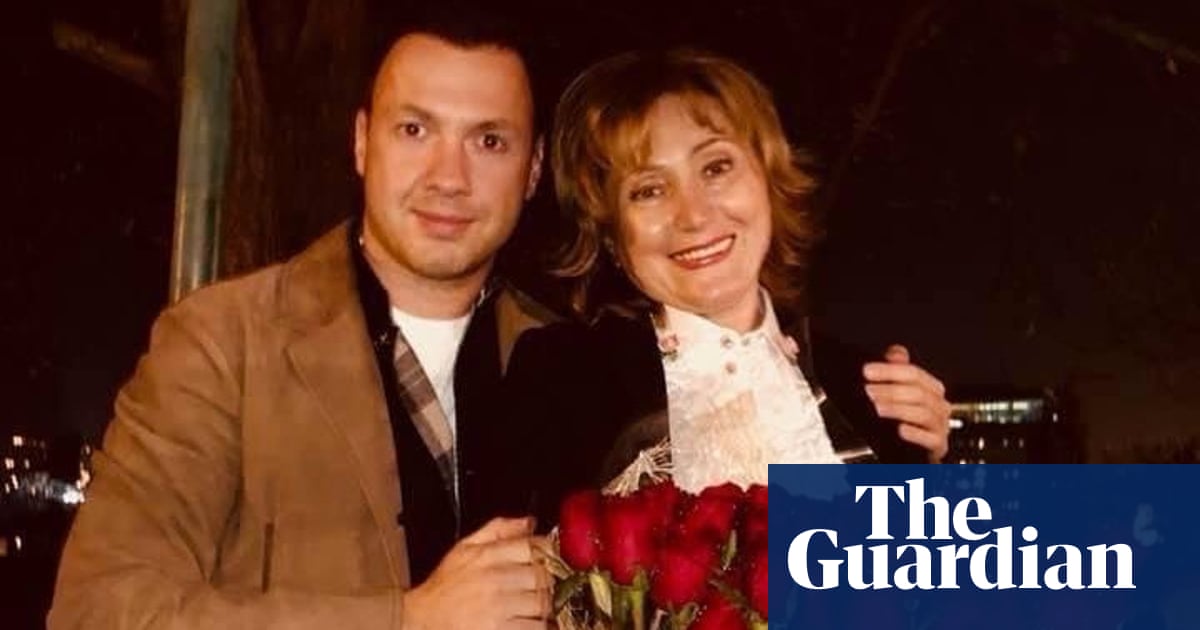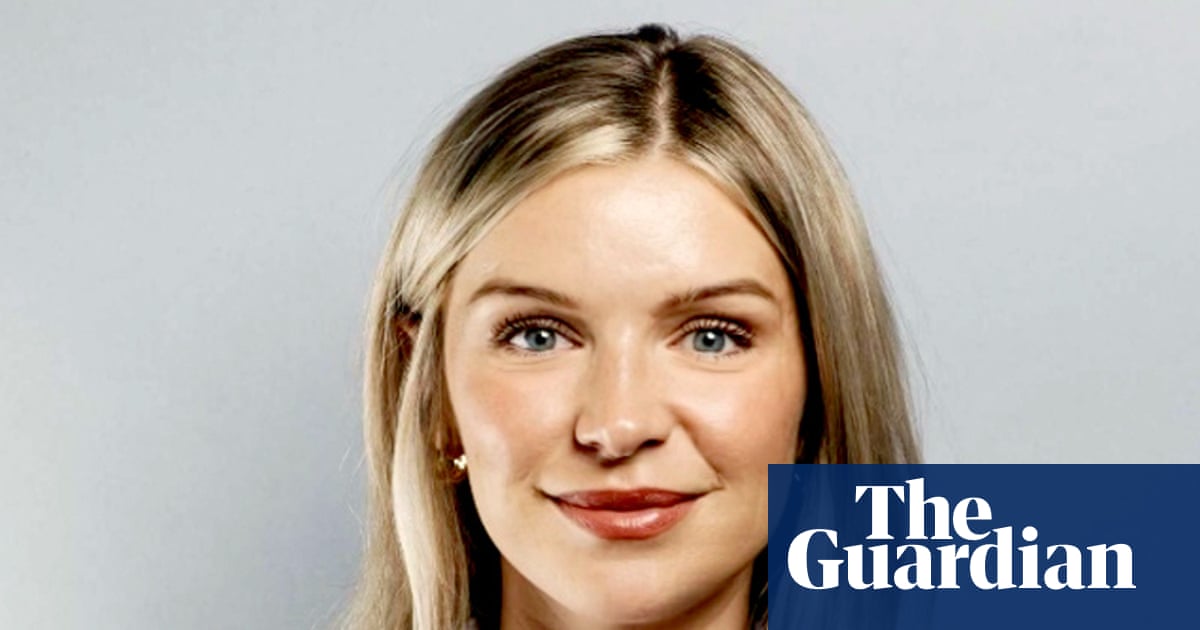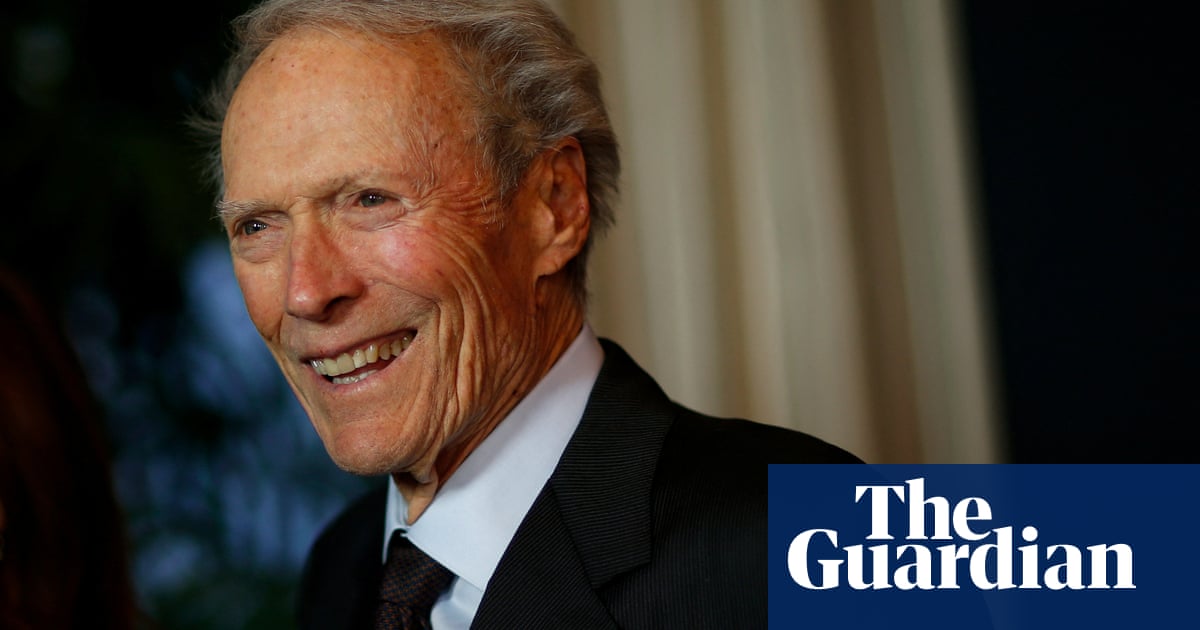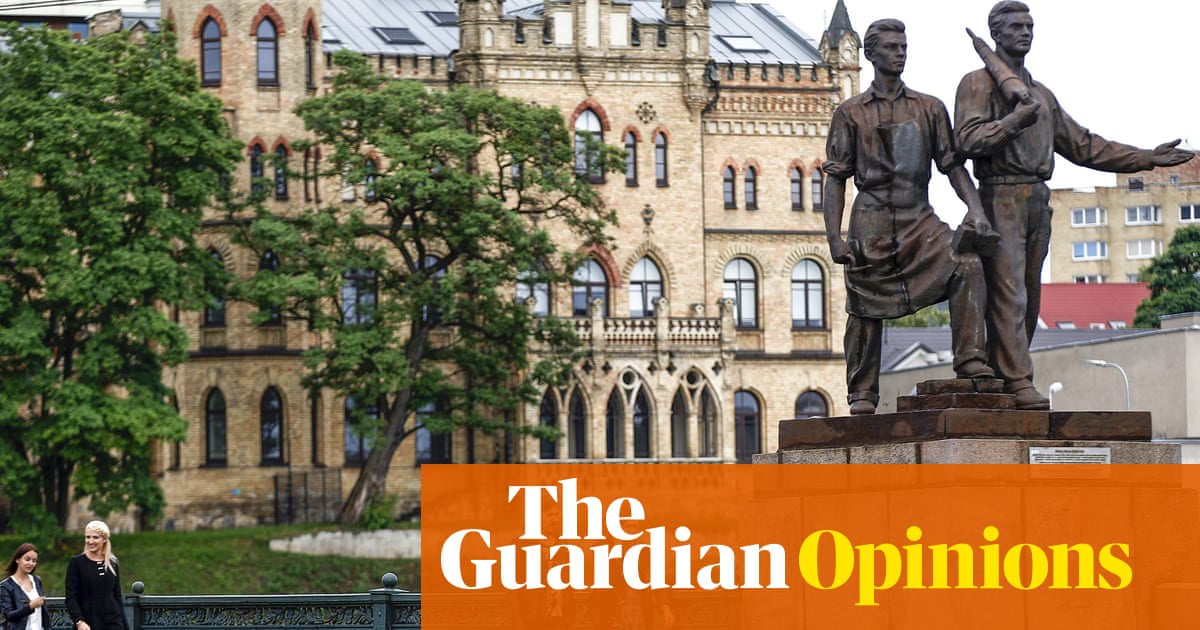Speaking from a Jerusalem bomb shelter last week as Iran and Israel exchanged fire, a New York state senator posted a video message to New York City voters: “There is a mayoral primary coming up this week where one of the candidates does not believe the Jewish state has a right to exist,” said Sam Sutton, the senator from Brooklyn. “We don’t want to be in a situation like this in America.”
Sutton called on New Yorkers to elect a “great friend of the Jewish people”: Andrew Cuomo, New York’s former governor.
The appeal was a stark illustration of the outsized role a foreign country and its conflicts have come to play in local elections. While Tuesday’s vote is just the primary, the winner of the Democratic contest historically has gone on to win the mayoral contest in November – though this year could be different.
“This election has turned into a two-person contest between Andrew Cuomo and Zohran Mandani, two candidates with very stark views on this matter,” said Jacob Kornbluh, a senior politics reporter with the Forward Jewish newspaper.
With New York City’s nearly one million Jews making up the largest Jewish population outside of Israel, mayors of the past have always claimed support for the country with little pushback. But the war in Gaza has fundamentally changed the dynamic. Mamdani’s outspoken support for Palestinians might have previously tanked his candidacy, but his insurgent campaign has galvanised voters. Cuomo has responded by portraying Mamdani as “dangerous” and himself as uniquely positioned to fight antisemitism, a growing source of anxiety among Jewish voters.
Cuomo’s campaign – flush with millions from pro-Israel billionaires like Bill Ackman – has ramped up attacks against Mamdani as he surged in the polls, including by distributing mailers condemned as racist. The former governor has stated unequivocally that “anti-Zionism is antisemitism”.
It’s not just Cuomo appealing to the fears of Jewish voters. Eric Adams – the current mayor, who is running as an independent given his plummeting popularity – recently adopted a contentious definition of antisemitism and floated running on an “EndAntisemitism” party line.
Mamdani grew emotional last week while discussing the personal toll of the attacks, including multiple death threats, and has invoked his experience as a Muslim New Yorker to say he understands the pain of the Jewish communities that he pledges to protect.
“The attacks on Zohran are textbook post 9/11 Islamophobia,” said Sumaya Awad, a Palestinian New Yorker and member of the Democratic Socialists of America, one of the first groups to back his candidacy. She praised Mamdani for not “backing down”.
Mamdani co-founded his college’s Students for Justice in Palestine chapter, and as a state assembly member, introduced legislation to stop the funding of illegal Israeli settlements. He has built an enthusiastic coalition of young, progressive, and unabashedly pro-Palestinain New Yorkers, as well as immigrants and many of the city’s roughly 800,000 Muslims.
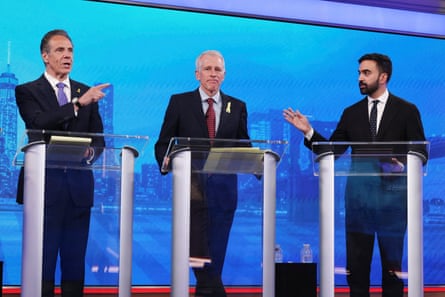
City comptroller and mayoral candidate Brad Lander, who is Jewish and has cross-endorsed Mamdani, has sought to find a middle ground and accused Cuomo and Adams of “using Jews as pawns”, he told the Guardian in an interview – “not with the intention of making Jews any safer, but with the intention of gaining political advantage for themselves”.
“Thankfully it’s not the job of the mayor to find mutual recognition and peace and safety for Israelis and Palestinians,” he said. “It is incumbent on the next mayor, whatever their position is, to find ways to reach across the divide.”
As some candidates stoke fears, anxiety around the election is palpable among many Jewish voters.
Alex Kaufman, a leader of LGBTQ Zionists of NYC, which endorsed Cuomo, said he had always prioritized issues like housing affordability, sustainability, and racial inclusion. “But this year, my number one issue is antisemitism,” he said. “I’ve never felt this unsafe.”
With election day around the corner, the race has turned into an Israel-Palestine proxy war of sorts, even as voters on both sides wish the focus remained on local issues. Candidates have been asked in mayoral debates about their support for Israel and whether they would visit – with Mamdani’s answers that he supports Israel’s right to exist as a state “with equal rights” and that as mayor he would stay in the city rather than travel to a foreign country drawing both praise and condemnation (including some from the left, who criticised him for recognising Israel at all). In recent days, Cuomo has seized on Mamdani’s position on the words “globalize the intifada”, saying they fuel “hate” and “murder”.
Beth Miller, political director of Jewish Voice for Peace’s action pac, which has been canvassing for Mamdani, said that his success challenges the long-held wisdom that a New York mayor must support the Israeli government. “If you believe in safety, freedom, dignity, and justice for people here at home, you can’t have a Palestine exception to that,” she said.
‘The status quo is being bent’
New York’s Jews are a diverse constituency – ranging from some anti-Zionists and others variously critical of Israel to orthodox communities traditionally voting as a unified bloc for more conservative candidates. A recent poll of the city’s Jewish Democrats showed 31% supporting Cuomo, 20% backing Mamdani, and 18% behind Lander.
In the middle are New York Jews who consistently vote Democratic and espouse a host of liberal and even progressive causes. Many are still reeling from the 7 October 2023 attacks in Israel, are uneasy about the tone of US protests against the war in Gaza, and are increasingly worried about Jewish safety, pointing to recent violent attacks in Washington DC, and Colorado, and defacing of Jewish businesses and synagogues in the city.

Kaufman, of LGBTQ Zionists, said he wished there were “better options” but that many of his acquaintances were coalescing around Cuomo even as they have reservations about his past conduct, including the sexual assault allegations that ended his governorship. Others gravitated toward Lander, but were troubled by his endorsement of Mamdani. Some said they were “terrified” of the latter, pointing to his refusal to recognize Israel’s right to exist as a Jewish state and his presence at protests where Houthi flags were on display.
Cuomo has promised to run as an independent if Mamdani wins on Tuesday. Because Adams is running as an independent, and Mamdani is also expected to remain on the ballot as the Working Families Party candidate, the contest is far from over.
But to some, the fact that an openly pro-Palestinian candidate has made it this far is a sign of a profound shift in the city’s politics.
“The status quo is being bent,” said Awad. She said she cried when filling in her ballot early. “Hope is such a rare thing to feel these days.”

 2 months ago
56
2 months ago
56


